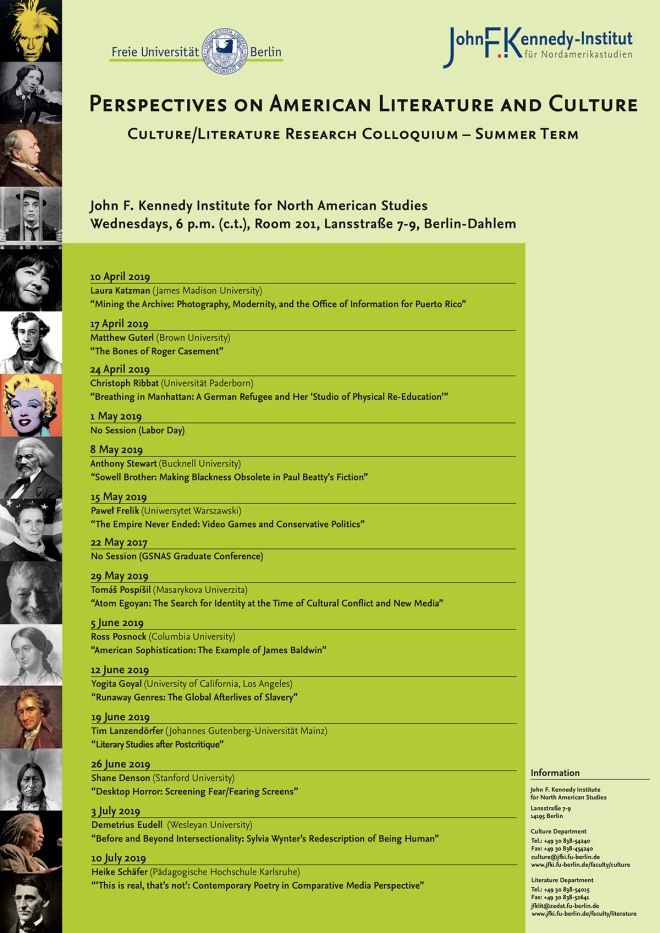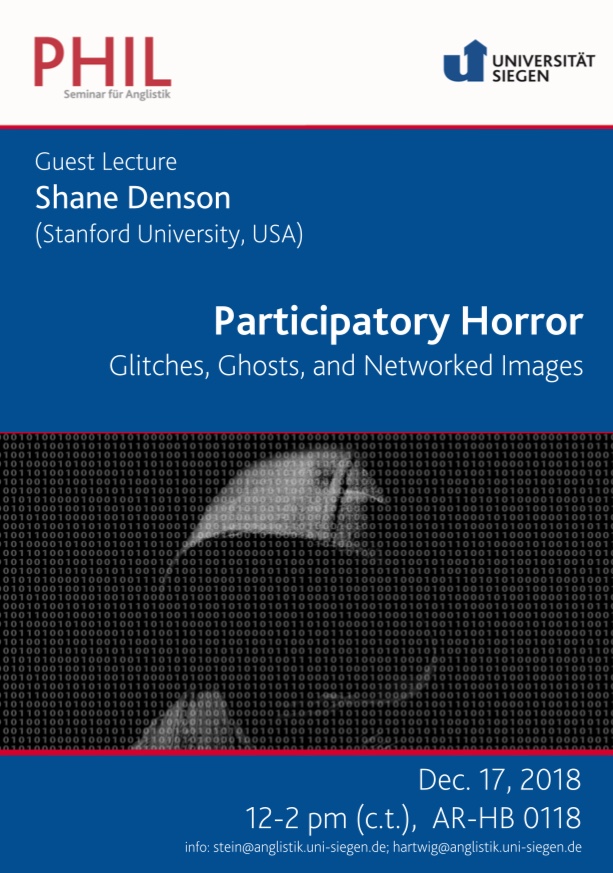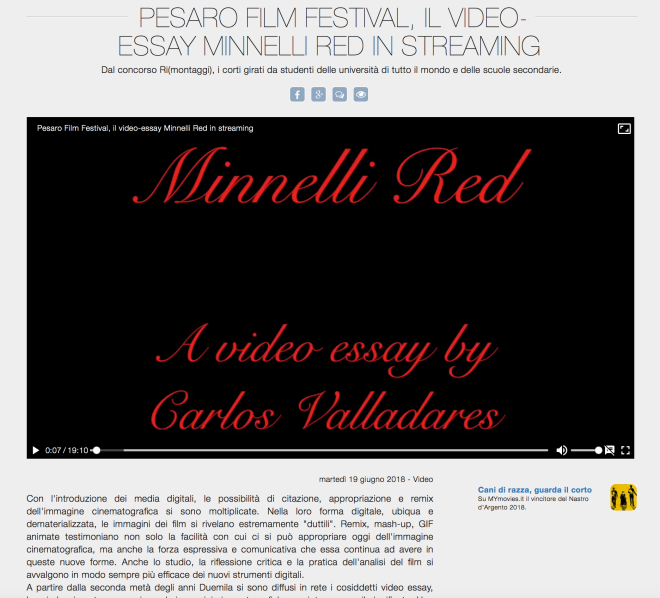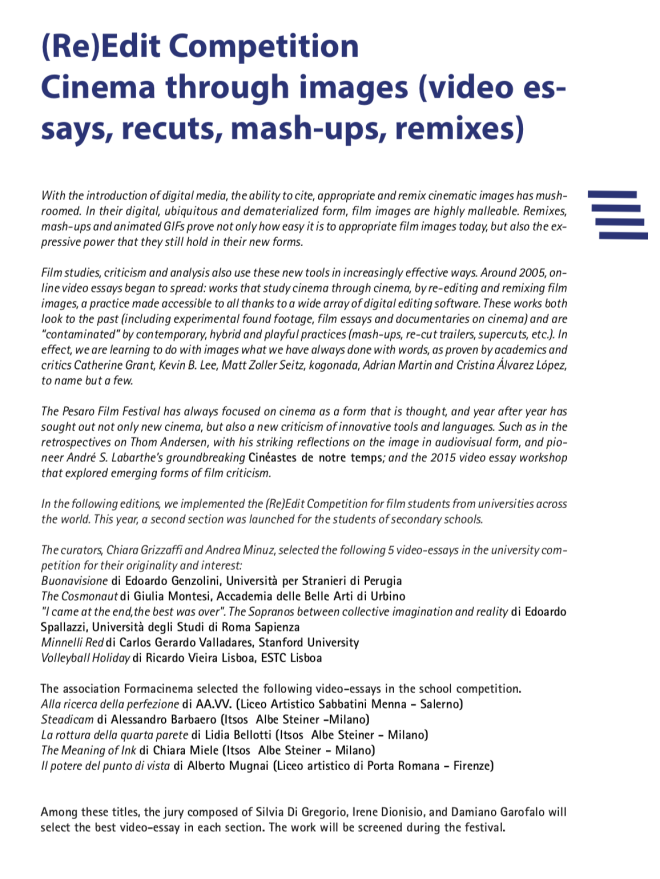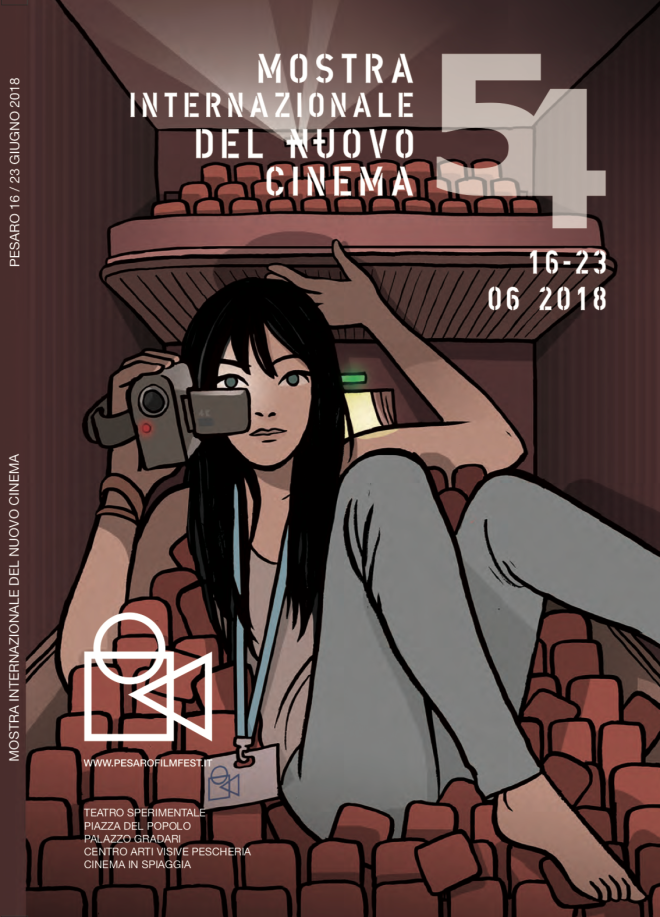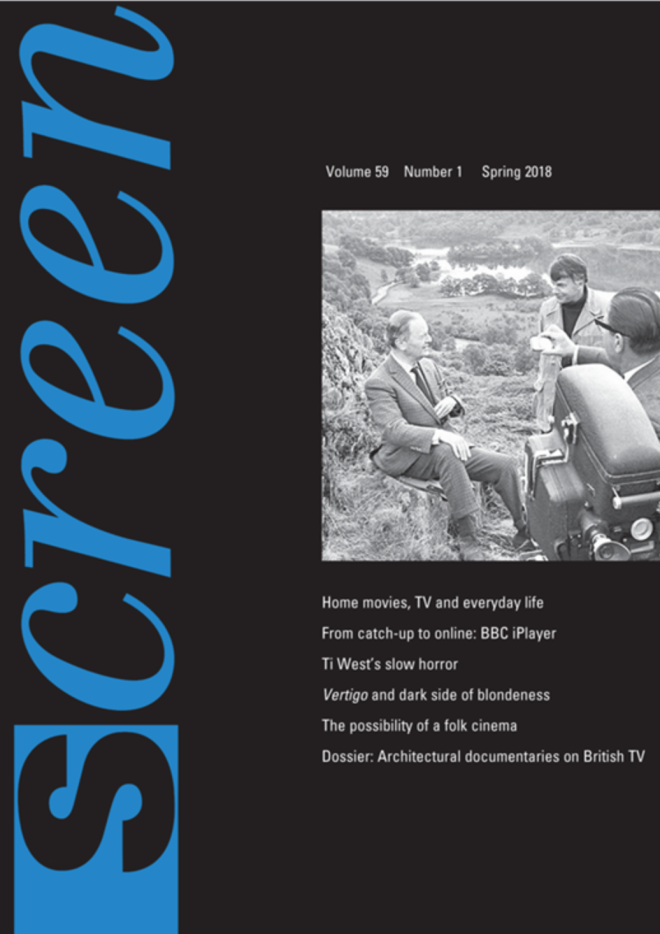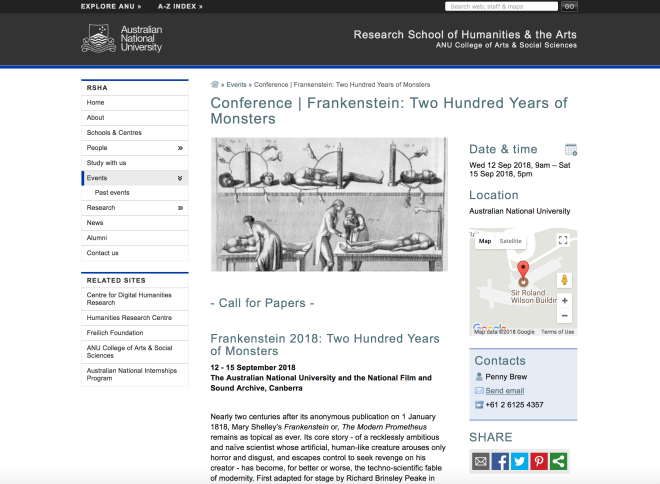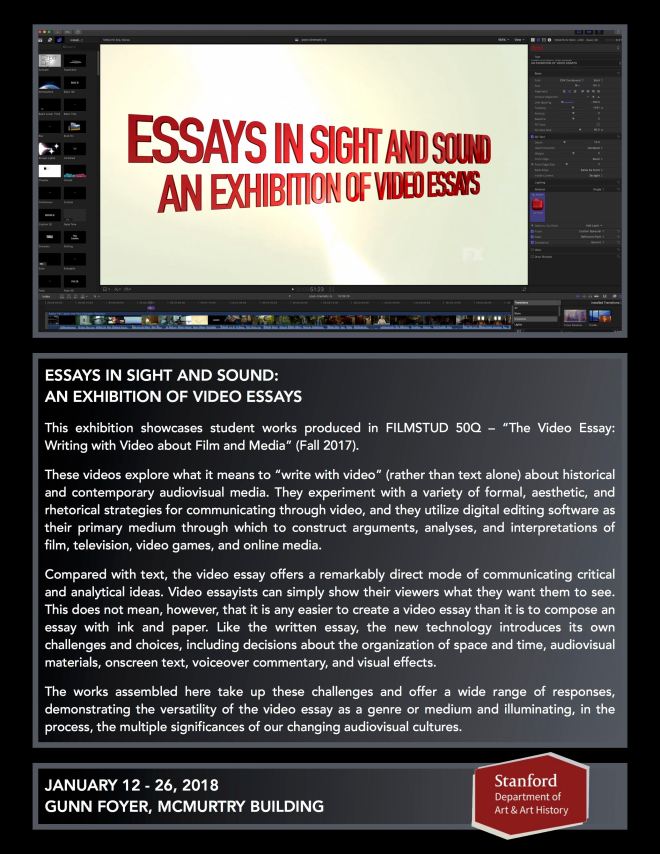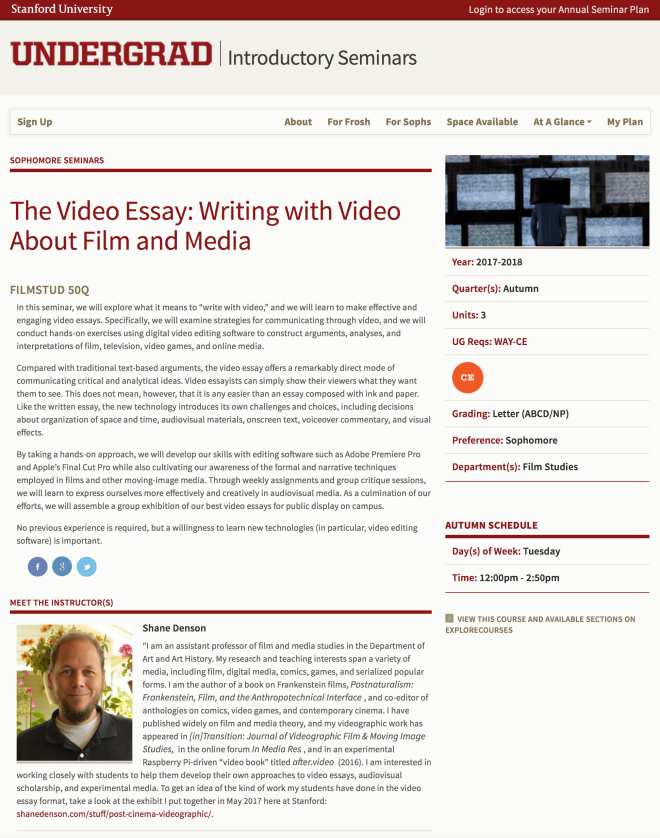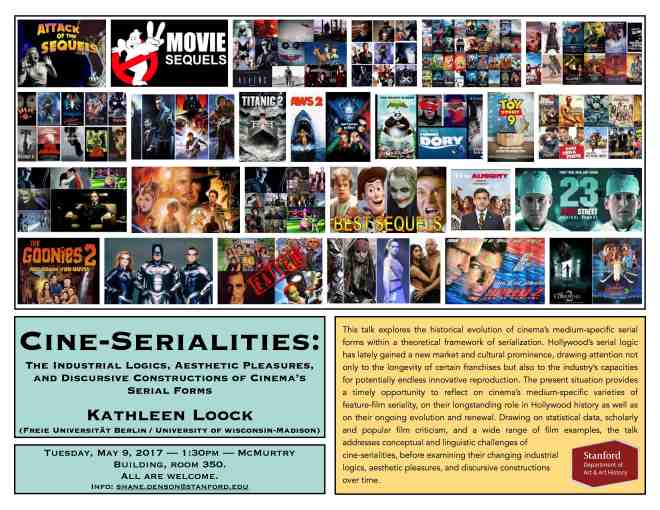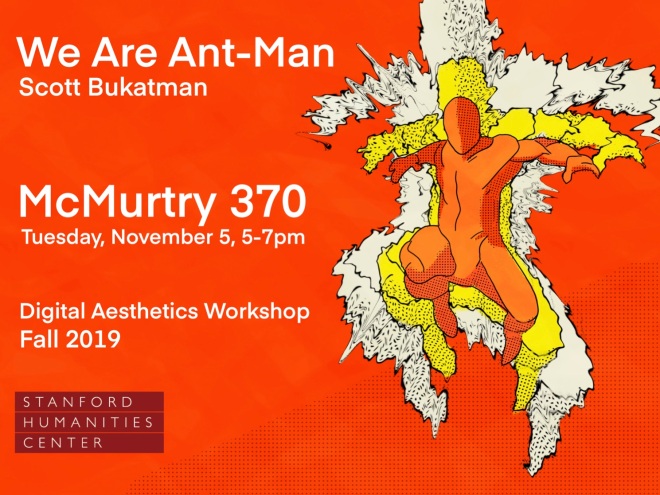
The next meeting of the Digital Aesthetics Workshop is right around the corner! On Tuesday, November 5, 2019 (5-7pm in McMurtry 370), Scott Bukatman will be talking about digital bodies, superheroes, and more, in a talk titled “We Are Ant-Man.”
We Are Ant-Man
Scott Bukatman
The body of the 21st-century cinematic superhero is often a digital body, in whole or in part. It offers itself as a particularly visible digital effect (or effect of the digital). It somatizes the mutability afforded by digital technology. It speaks to the sense that bodies (and therefore selves) in the digital age are no more inviolate than any other form of coded information. But having said that they “speak to” such conditions, what do they say beyond the fact of our own hybridity? Do these bodies tell us anything useful about our digital lives? Comedies have long served to mediate new technologies for audiences, so to pursue this, I’m going to concentrate on Ant-Man and the Wasp (Peyton Reed, 2018), perhaps thesunniest and most classically comedic film of the Marvel Cinematic Universe. What do the film’s particular emphases — the nature of its gags, its depiction of technology, and the state of knowledge of both protagonists and audience — tell us about our digital condition?
Though not required, workshops participants are encouraged to watch Ant-Man and the Wasp prior to the event. Snacks and drinks will be served, and all are welcome!
